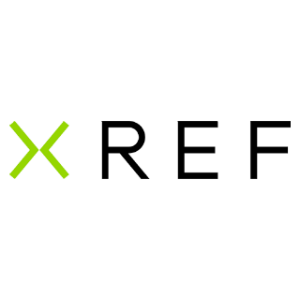Employees Need Disability Protection. Here’s How HR Can Help
It’s common knowledge that benefits account for a significant portion of an employer’s spend on its workforce. In fact, benefits make up nearly one-third of an employer’s hourly compensation costs. In September 2018, average compensation costs totaled $36.63 per employee per hour with $11.60 of that supporting benefits, reported the Bureau of Labor Statistics. Unfortunately, only 0.2 percent and 0.1 percent of employers’ hourly compensation expenditure went to short- and long-term disability insurance, respectively.
We like to think that we are invincible and will never experience severe disability. That’s why a lot of employers pass on providing group disability insurance. They’re under the impression it’s an unnecessary expense. In reality, one in four of today’s 20-year-olds will experience a disability before they reach retirement age, reports the Social Security Administration (SSA). The scenarios through which that might happen aren’t far-fetched. The most common disability claims involve musculoskeletal disorders, cancer, mental health issues, and other injuries.
Particularly in today’s tightening labor market, providing disability protection is absolutely essential. More and more job seekers are aiming for better benefits, so the wider the offering, the better chance businesses have of snagging that coveted new hire.
However, there’s good news for employers who can’t afford group short- or long-term disability insurance plans. Business leaders and HR pros can still help their employees by providing them with information on how to apply for and utilize Social Security Disability Insurance (SSDI). SSDI is available to all workers who have paid at least five years’ worth of FICA payroll or self-employment taxes in the last decade and who meet certain work, education, age and health requirements. It’s an important safety net for 155 million U.S. workers in the event of long-term debilitating disability—and many workers aren’t aware of the value.
Without any disability protection, far too many Americans are one bad day away from financial devastation. Fifty-one million Americans rely on SSDI alone, which elevates the importance of understanding this critical insurance program.
Employers can help connect their employees to this federal safety net following a severe disability. Unfortunately, two-thirds of SSDI applicants are initially denied and must wait an average of 18 months to appeal their case. That means getting expert representation during the process has become a critical component. It’s simple for HR professionals to include this information in employee benefits packages through programs like SSDI Extended Benefits, and it could mean the world to an employee who needs assistance.
Thanks to SSDI, HR pros can offer prospective employees an additional benefit without employers having to rearrange their budget. Higher salaries and better benefits packages will increase HR’s odds of attracting and retaining top-tier talent, but more importantly, employers who provide access to disability protection will help ensure that hardworking Americans aren’t left to fend for themselves. A disability in and of itself is more than enough to upend someone’s life, and the last thing employees should have to worry about is where their monthly income is coming from.
About the Author
John McGrath is a director of business services at Allsup, LLC. McGrath assists employers and self-insured businesses with the process of evaluating their benefits programs in coordination with federal programs that their employees can access when and if needed.

